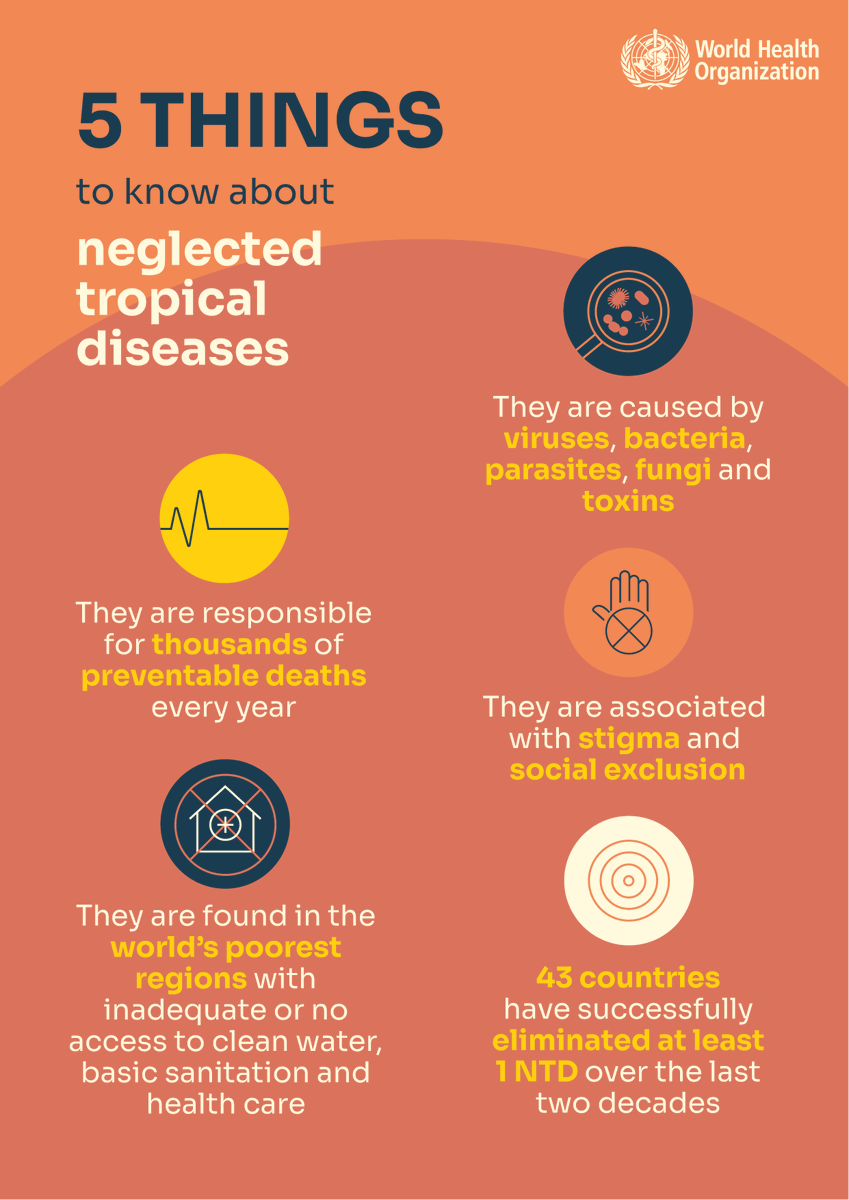
🆕 Technical brief on healthy and safe telework bit.ly/3uhgdXt
During the #COVID19 pandemic, telework - or working remotely using informational & communications technology - has significantly increased.
#WorkersHealth
During the #COVID19 pandemic, telework - or working remotely using informational & communications technology - has significantly increased.
#WorkersHealth

When organized & carried out properly, telework improve work–life balance, reduce traffic and time spent commuting & decrease air pollution, all of which can, indirectly, improve physical & mental health and social wellbeing bit.ly/3uhgdXt
https://twitter.com/who/status/1488776021608476675
However, poor physical environment and workplace design and inadequate equipment and support in telework can result in musculoskeletal disorders, eye strain and injuries bit.ly/3uhgdXt
#WorkersHealth
#WorkersHealth
https://twitter.com/who/status/1488821581296111618
Working within a digital environment in physical isolation from co-workers, coupled with potential difficulties in managing work-private life balance in premises outside the direct control of the employer, can result in mental health problems & unhealthy behaviours.
https://twitter.com/who/status/1488776021608476675
Governments, employers and workers all have a role in protecting and promoting health and safety while teleworking, including ergonomics, mental health and well-being bit.ly/3uhgdXt
#WorkersHealth
#WorkersHealth
https://twitter.com/who/status/1488776021608476675
Those employing teleworkers should develop programmes to promote healthy and safe telework.
Such programmes should provide assistance for assessing and managing the risk factors for health and safety; workstation, computer and peripheral equipment & remote ICT support.
Such programmes should provide assistance for assessing and managing the risk factors for health and safety; workstation, computer and peripheral equipment & remote ICT support.

• • •
Missing some Tweet in this thread? You can try to
force a refresh












